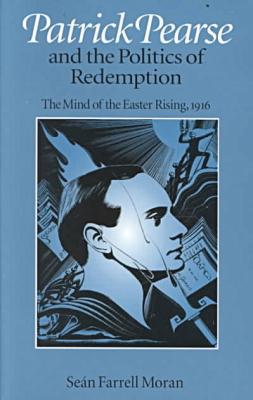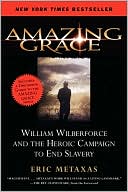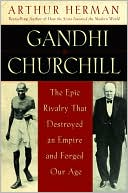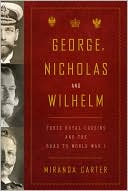Patrick Pearse and the Politics of Redemption: The Mind of the Easter Rising, 1916
Patrick Pearse's role in the development of Irish nationalism remains controversial. Previous historical analysis has tended to view him as either a saint-like father of his country or a disturbing failure whose success was limited to the glorification of violence in Irish nationalism. In each case, historians have not been able to clarify adequately how Pearse, an unlikely revolutionary, came to play the pivotal role in the Easter Rising of 1916. Here Sean Farrell Moran analyzes Pearse...
Search in google:
Patrick Pearse's role in the development of Irish nationalism remains controversial. Previous historical analysis has tended to view him as either a saint-like father of his country or a disturbing failure whose success was limited to the glorification of violence in Irish nationalism. In each case, historians have not been able to clarify adequately how Pearse, an unlikely revolutionary, came to play the pivotal role in the Easter Rising of 1916. Here Sean Farrell Moran analyzes Pearse within the context of contemporary Irish politics and culture to explain how he became the spokesman of the violent forces within the nationalist movement. Examining Pearse's psycho-social development, his speeches, poetry, and political writings, and his careers as an important Irish journalist, educator, and artist, Moran reveals that Pearse was unprepared for adulthood. Pearse sought to resolve this psychological need in a resolute act that would redeem himself; in the process, he became increasingly preoccupied with violence and death. In his personal search for psychological resolution, Pearse spoke to his time. His quest coincided with the failure of Irish artists, politicians, and republicans to win national independence. This failure led many Irish nationalists to embrace violence as the sole means for personal and national redemption. Pearse articulated his vision of redemptive violence in mythic terms - promising eternal victory - and helped to mobilize republicans for a doomed insurrection. Pearse's achievement has had a lasting impact on the course of subsequent Irish politics and continues to provide both motivation and justification to Irish republicans. At the same time, Pearse brought to Irish politics concerns that were not limited to Ireland. He was deeply concerned that modernity, in an English form, was a threat to Irish values and culture. By embracing the myth of redemptive violence over the dictates of reason and pragmatism, Patrick Pearse vocalized the Ir Library Journal Moran delves into the psyche of Patrick Pearse, a bookish poet and sublimated homosexual, to outline a man seeking success if not in this life then in the next. Pearse was executed following the Easter Rising in Dublin, 1916, becoming the first modern Irish leader advocating physical force to die for his principles. Moran asks why Pearse, an unlikely hero, did so. Other histories have explained Pearse's hopeless stand through his devotion to ancient Irish heroes who died for Ireland. The motivation of the hundreds who joined the rising overwhelms the limits of psychohistory. Moran calls their actions ``a revolt against reason,'' which seems oddly romantic for this author, given the 20th century's experience in guerrilla struggle. As a counter to nationalistic texts, Moran's study of Pearse fills a niche in academic collections of modern Irish history.-- Robert C. Moore, DuPont Merck Information Svcs., Wilmington, Del .
\ Library JournalMoran delves into the psyche of Patrick Pearse, a bookish poet and sublimated homosexual, to outline a man seeking success if not in this life then in the next. Pearse was executed following the Easter Rising in Dublin, 1916, becoming the first modern Irish leader advocating physical force to die for his principles. Moran asks why Pearse, an unlikely hero, did so. Other histories have explained Pearse's hopeless stand through his devotion to ancient Irish heroes who died for Ireland. The motivation of the hundreds who joined the rising overwhelms the limits of psychohistory. Moran calls their actions ``a revolt against reason,'' which seems oddly romantic for this author, given the 20th century's experience in guerrilla struggle. As a counter to nationalistic texts, Moran's study of Pearse fills a niche in academic collections of modern Irish history.-- Robert C. Moore, DuPont Merck Information Svcs., Wilmington, Del .\ \








